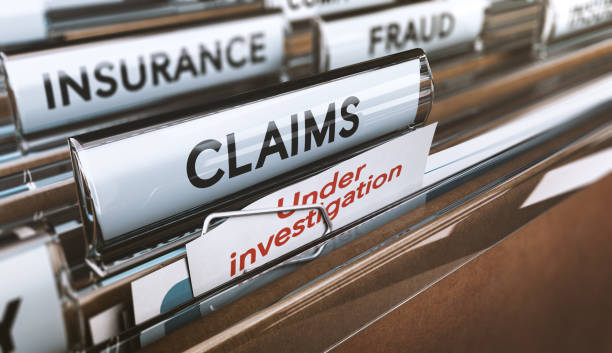
Navigating the intricate landscape of insurance involves understanding the diverse roles that shape the industry. Among these, the position of an insurance claims adjuster is both pivotal and transformative. Whether you find yourself well-versed in the nuances of insurance or are just embarking on your journey in the field, it is imperative to understand a claims adjuster’s responsibilities to truly appreciate their impact on the insurance process.
Key Responsibilities
A claims adjuster’s role extends far beyond the surface-level processing of claims. It involves a comprehensive set of responsibilities, each playing a crucial part in the overarching goal of delivering equitable outcomes. Let’s delve into some of the primary responsibilities that define the day-to-day activities of a claims adjuster.
- Investigation and Assessment: The foundation of a claims adjuster’s work lies in their ability to conduct thorough investigations and assessments. This entails diving into the specifics of a claim, gathering evidence, conducting interviews, and evaluating the extent of the loss or damage incurred.
- Policy Evaluation: In the intricate tapestry of insurance policies, claims adjusters act as adept navigators. Their role demands an in-depth understanding of policy terms, conditions, and coverage limits to ascertain the extent to which a claim is payable.
- Negotiation: The art of negotiation is paramount to claims adjusters engaging in discussions with claimants. Striking a balance between the interests of policyholders and insurance companies, they work towards achieving fair and mutually agreeable settlements.
- Documentation: Accurate and comprehensive documentation is the backbone of the claims process. Claims adjusters meticulously maintain detailed records of their investigations, assessments, and communications, providing a transparent trail that supports their decisions.
- Risk Assessment: Beyond individual claims, claims adjusters contribute invaluable insights to the broader risk assessment process within the insurance company. Their findings aid in identifying patterns, trends, and areas where risk management strategies may require adjustment.
Challenges Faced
While the role of an insurance claims adjuster is undoubtedly impactful, it comes with its own set of challenges that add complexity to their daily responsibilities.
- Emotional Sensitivity: Dealing with individuals who have experienced a loss demands a high level of emotional intelligence. Claims adjusters must navigate delicate situations with empathy and professionalism, offering support while adhering to the necessary protocols.
- Legal Knowledge: The landscape of insurance claims is intricately tied to legal frameworks and regulations. Claims adjusters need to stay abreast of relevant laws, ensuring their decisions align with legal requirements and best practices.
- Time Management: Juggling multiple claims simultaneously necessitates effective time management. Claims adjusters must skillfully prioritize tasks to ensure timely resolution, providing policyholders with the assurance of swift and efficient service.
Conclusion
In essence, the role of an insurance claims adjuster transcends the conventional understanding of a claims processor. It encompasses a dynamic blend of investigative prowess, policy acumen, and interpersonal finesse. As we unravel the layers of a claims adjuster’s responsibilities, both seasoned professionals and newcomers to the insurance industry gain a deeper appreciation for the collaborative effort required to uphold the principles of fairness and integrity in insurance coverage.
Why Use Success CE
The Success Family of Continuing Education Companies provides the highest quality Life/Health and Property/Casualty Insurance Continuing Education. CFP Continuing Education, CIMA Continuing Education, CPA Continuing Education, CLU/ChFC (PACE) Continuing Education, and MCLE (Legal). Continuing Education available in all 50 states in Live Insurance, Online Insurance, and Textbook Insurance formats. Learn More
Need Continuing Education? Create an Account and Get Started Today

